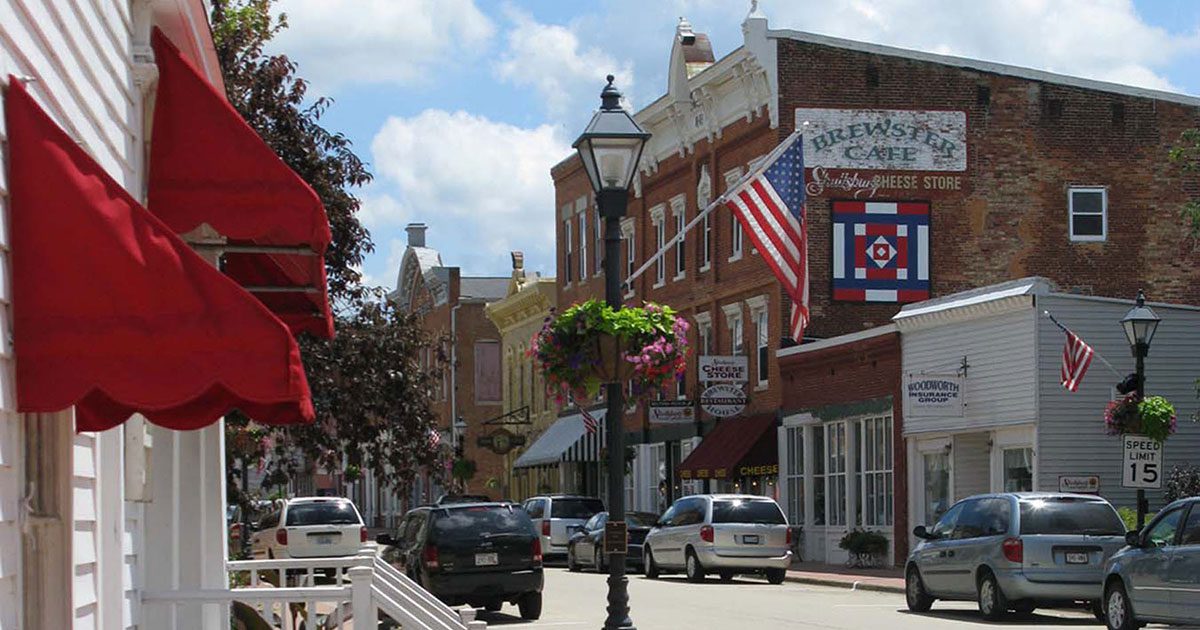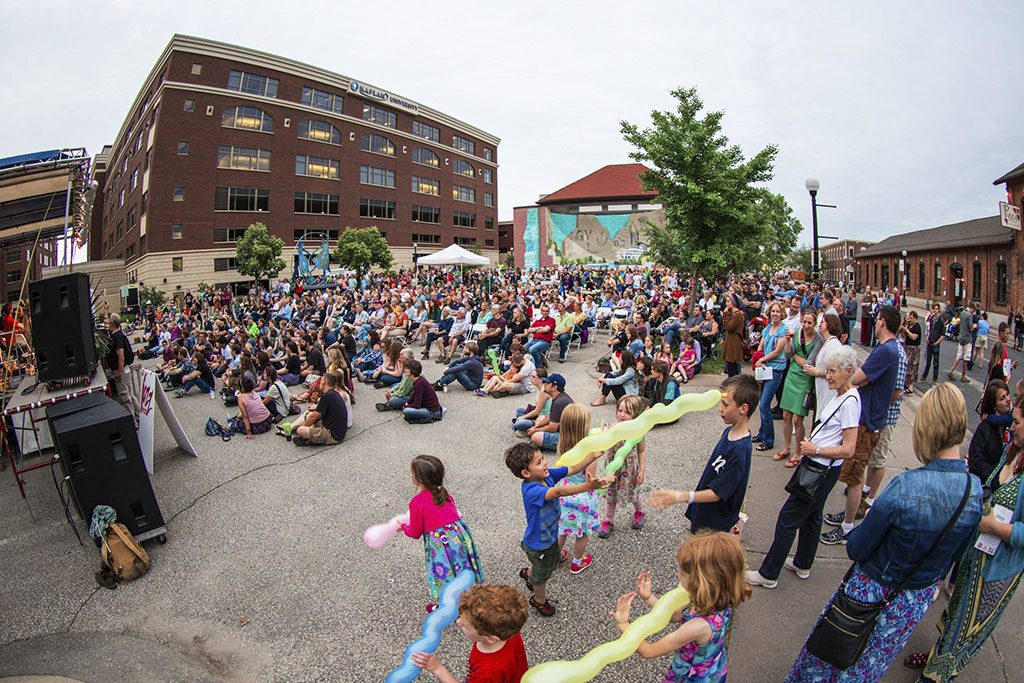Co-working has been a trendy topic the first spaces opened in 2010. For most of this time, the trend has been concentrated mostly in larger cities. The movement has continued to gain steam, with nearly 14,000 co-working spaces now operating worldwide, and about 2,500 new spaces per year being added. The growth of freelancing and working remotely are key drivers of this trend – an estimated 40 percent of workers will be fully or partly self-employed by 2020, and 60 percent of workers will not be tethered to a single office space.
No longer just for high-tech workers, co-working spaces now come in a variety of forms – there are spaces that cater to artists, makers, remote workers, the self-employed professional and startups of all types. The chart at right shows the variety of amenities offered by these different co-working space models. However, despite their differences, there are several key factors that are common to successful co-working spaces. Per a study by deskmag, 76 percent of members join a space primarily to be part of a community of like-minded individuals, and 75 percent specifically value the opportunity to interact with others. Another 60 percent find such spaces to offer a good value, providing high speed internet and basic office infrastructure that improves upon their home office. However, 58 percent still identify proximity to their home as a key factor in joining, and 45 percent are attracted by access to events and training offered at the facility.
With the substantial growth in co-working facilities nationwide, a market has emerged in rural areas. While driven by similar economic trends, small-town co-workers differ somewhat from their urban counterparts. For instance, co-workers in small communities access their spaces half as often (25 percent are daily users in rural areas versus 50 percent in cities), and users are more likely to be traveling professionals or remote workers rather than entrepreneurs. Factors influencing these differences include increased opportunities to network in a variety of settings in small communities, and the fact that non-urban users typically have larger homes (potentially with a home office) and often face significantly higher transportation time and cost to reach the space, limiting trips to times where a longer stay at the office makes sense.
Not surprisingly, rural spaces tend to be smaller on average, and are often hosted within a local non-profit or civic facility, or even within private businesses (such as coffee shops or cafes) as a formalization of the system already in place. In these instances, host entities see the operation of a co-working facility as an extension of their original business model/mission, whether that is a chamber of commerce seeking to connect with a wider variety of businesses or a coffee shop adding a permanent rentable work space and meeting venue to cater to, and capture revenue from an existing customer base.
The following links highlight several co-working space models already in existence in Wisconsin, as well as additional examples of spaces in smaller communities and innovative business models around the country. If you know of another space that we missed, please let us know!
Green Bay: http://thedockingstation.spaces.nexudus.com/en
La Crosse: http://thesevenspot.com/articles/2015/10/01/188_co_mill_opens
Oshkosh: http://www.grindcowork.com/
Beloit: http://www.irontek.co/
Small community examples:
Pella, Iowa: http://veelhoeden.posterous.com
Oakland, Maryland: http://qworkstation.com/
La Grange, Kentucky: https://www.facebook.com/LaVentureStation/
Business-based models:
Spacious (uses restaurant/bar space during the daytime): https://www.spacious.com/
CoworkCafe (hybrid café and coworking space): http://www.coworkcafe.com/
Revel Workday (extended hours several days/month targeting remote workers): https://revelmadison.com/post/workdayrecapfeb/
Bovay’s Study Bar (Ripon College-oriented): https://www.ripon.edu/bovays/
The Buzz Café (promotes remote working, online checkin required for wifi password): http://www.buzzcafekenosha.com/
How to get started in a small town: http://smallbizsurvival.com/2011/03/how-to-start-coworking-space-in-your.html







